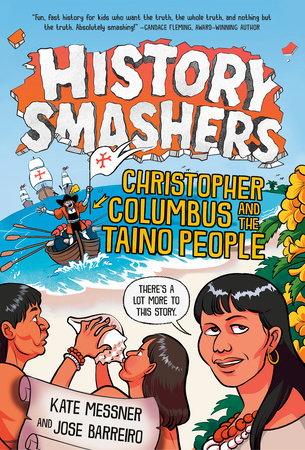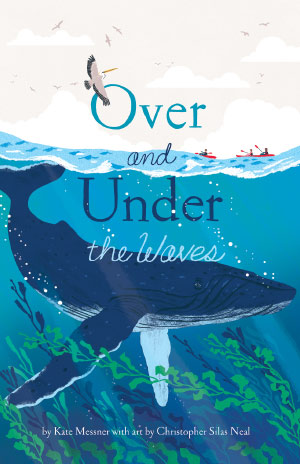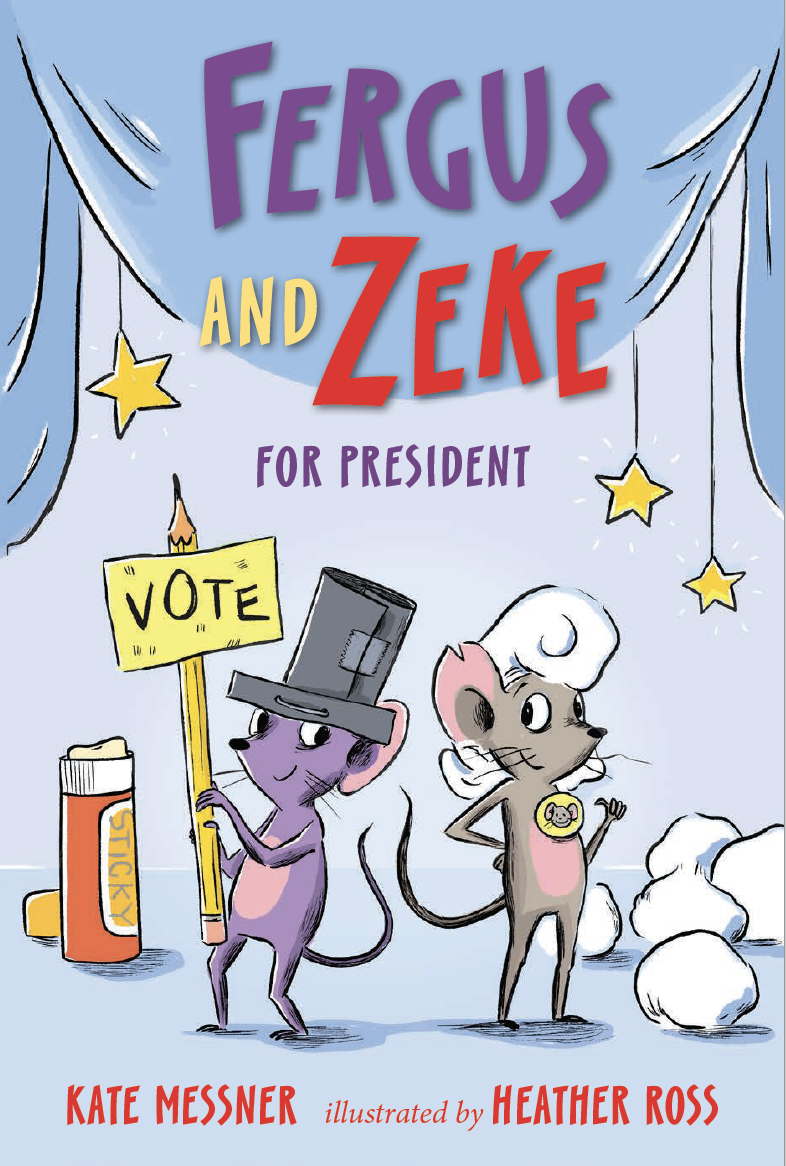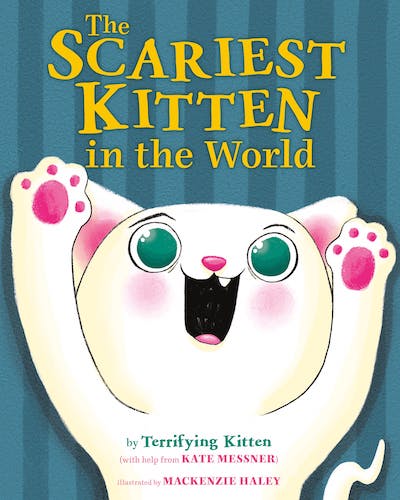I’ve been home sick for three days now, which has given me entirely too much time to read blogs and now, some time to ponder over the Amazon VINE program.
Amazon.com has a program in which they get a whole bunch of books, often advance reader copies, from publishers and offer these to what they call "select reviewers," which I expect are people who have posted lots of reviews on the site that have been voted as helpful. People who participate in this program get a newsletter once a month and can choose up to two things (books and sometimes strange other items…software….sheets…diet energy bars…that I don’t really understand) to receive and review. Then later in the month, another newsletter comes out with all the remaining review items, and participants can select two more books or whatever. The understanding is that participants review 75% of the items they request.
Amazon Vine’s review program has come under fire this week from some blogger/book people for whom I have huge amounts of respect. Betsy Bird, Fuse #8 at School Library Journal’s post is called "Said I Heard It Through the Amazon Vine," and Chasing Ray’s is called "Three Controversies: One Bigger Issue." This one addresses not only Amazon’s program but also recent news about Walmart’s predatory pricing of bestsellers and Scholastic’s reported pressuring Lauren Myracle, author of LOVE YA BUNCHES, to "change" a character’s same-sex parents into a heterosexual couple so the book could be considered for school book fairs. There was an uproar over this. I’m proud to say I was part of it, as I’ve taught many kids with same-sex parents and have always believed that ALL kids need to see families like theirs respresented in books. I’m also proud of Scholastic for apparently realizing its mistake and scheduling the book for spring fairs, gay parents and all.
Anyway…back to the VINE thing. Here’s why all the recent blogging has me thinking.
If you read this blog or visit my website, you know that I support independent bookstores. I don’t order from Amazon unless I absolutely cannot get a book through one of my local indies, and I don’t link to Amazon on my website. But I was a reader and a teacher and a book-pusher before I was an author, and I’ve always posted reviews of books that I like on Amazon, as well as on GoodReads and on my own blog because I think it helps both authors and readers.
When Amazon started this Vine program a couple years ago and asked me if I was interested in choosing books off a newsletter for possible review, I said sure. It was before my book was out, before anyone really knew my blog, before I had been a panelist for the Cybils, and before I was at any conferences where ARCs were being handed out. As a middle school teacher, it helps me a ton to have access to advance reader copies when I’m choosing books for literature circles, class reads, and just the classroom library. My public library isn’t particularly well-funded, so new books take a while to get here. So the idea of getting a couple new books a month to review? Great.
I’m one of those people who gives all positive reviews. I only talk about books that I like a lot, and that goes for my blog, GoodReads – not just Amazon. So when I choose from those newsletters, I only request books that I’m pretty sure I’ll like. From some newsletters I only request one book. Others I skip all together. And when I do receive books, I read them. If I like a book — and I usually do because I like a huge variety of books — I post a recommendation on GoodReads, on Amazon, and sometimes on my blog. I take it to school, book talk it to my students, and buy a hardcover copy for my class library or recommend it to our school librarian. If a book is especially great for discussion, we’ll order five or six copies for literature circles.
And so even though I’m not a fan of Amazon as a corporation, being a part of this program seemed okay. To me, it was always more about helping books and authors and readers than something that was promoting Amazon. And yes…getting books in the mail rocks. It’s helped me discover a lot of great books for my classroom that I might have otherwise missed.
I’m re-thinking that now, though. And I’d love to hear your thoughts.
I actually considered making this a friends-locked post, given the hooplah about the Vine program (I try not to insert myself into the middle of hooplah), but decided that would be kind of cowardly. And I really would love to hear a variety of thoughts on this before I decide what to do.
So fire away…





I don’t see it as a way to promote Amazon either.
I mean, the fact is, people go to Amazon to read reviews. Right or wrong, they do. You are such a thoughtful reviewer, I think the Vine program is lucky to have you! And any author whose book you review is fortunate. You won’t blast the book if you don’t like it, knowing that what one person doesn’t like another may find it’s just their thing.
Do I think it’s fair that a badly written review might get front and center while a thoughtful review by Betsy may get pushed to the side? No. But you dropping out of the program wouldn’t change that because YOU write thoughtful reviews. 🙂
Do you remember before Amazon (and Wal-Mart and Starbucks)? Independent booksellers weren’t all that helpful in getting odd books much of the time, you couldn’t return things that didn’t work-or work out-without going through a huge hassle, and there was no good coffee…
I remember it clearly, and I appreciate all three of them. I prefer to support my independent booksellers, but I also get books online, usually used, because it is what I can afford. Bookfinder.com connects to a lot of independents as well as Amazon, etc.
I like the reviews on Amazon. If they are giving you review copies, I think you should take them. Your review will help sales for the author, and that is what we all want, as authors. To find a new wonderful book through the recommendations of someone I respect is one of my chief joys. It does not have to be all or nothing.
I definitely try to support indies — on my website, I only link to the indies through titles and pictures (not to Amazon)…but it’s hard, because my first goal is to get books into the hands of readers, and I know that Amazon far out-trumps most indies as far as availability and price. I think having thoughtful reviews is the most important thing, personally, and knowing that millions of people turn to Amazon to find such things, I think it’s important to have good reviews there for them to find. I’ve only posted a couple of reviews on Amazon — mostly because I just don’t have time. I get that people don’t like Amazon and the way it undercuts indies, but for now, at least, it’s here — and with so many people finding books through them, they have an important role in reading.
As others are saying, I don’t think you should stop. I think thoughtful, positive reviews are exactly what the Vine program needs more of, if anything!
I suspect the people who should be more wary of it are the authors (and publishers). Since I first noticed Vine reviews popping up for certain books, I also noticed the same thing Betsy Bird mentions–that some people get books that aren’t quite the sort of book they expected, and then review it negatively because of that. Books that have gone through the Vine program seem to almost always have a *lower* average rating than books that didn’t. So while it might make a book look good because it has a bunch of reviews… might that effect not be canceled out by those reviews being less positive than those for titles with fewer? Not sure it’s actually worth whatever money the publishers are paying to have it happen.
Those Pesky Stars
Personally, I wish there was an option at Amazon were you didn’t have to give a Rating. So many people have different definitions of what a 4-Star review is that you really have to be careful about interpreting them. Take Fuse #8/Betsy that you mention. Like Harriet Klausner she hardly ever gives books less than Four Stars. There’s nothing inherently wrong about this, but if you don’t know this fact ahead of time, you might get the wrong impression about a book.
In any case, I find LibraryThing a good second place to find reviews. Reviewers there are more critical and tend give more accurate star ratings (imho). They also link to a number of book sellers. Although not necessarily your local indie. In any case, I know that there are many people who look at Amazon and LT and GoodReads, who buy locally. So don’t sweat being a Vine member.
Nice Post.
Pam
Positive reviewing
Being a reviewer who only leaves positive reviews is damaging to the review system. If everyone did that, only great products would have reviews on them. People wouldn’t be able to tell if a product with no reviews was bad or not, or if it was poorly constructed.
Re: Positive reviewing
Poorly constructed? (I really only review books.) And I’m not suggesting that everyone do that – only that it works best for me.